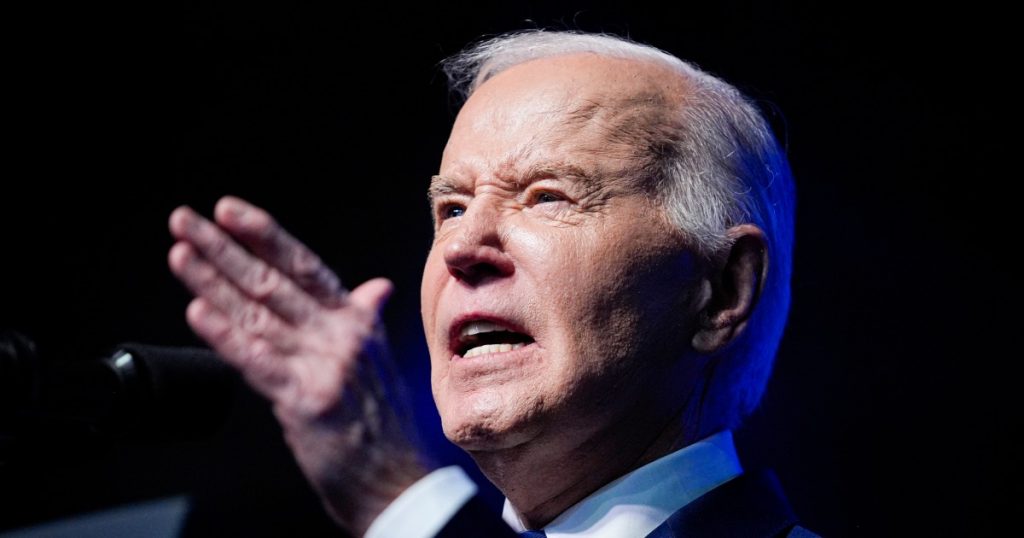The Biden Administration has postponed plans to ban menthol cigarettes, a proposal initially put forth by the Food and Drug Administration. Department of Health and Human Services Secretary Xavier Becerra stated that more conversations need to occur before moving forward with the ban. The FDA first announced its intention to ban menthol tobacco cigarettes in 2021, following up with proposed rules for the ban in 2022. The ban is intended to improve the health of those most likely to smoke menthol cigarettes, including children and Black Americans. Statistics show that nearly 85% of Black smokers use menthol cigarettes compared to only 30% of white smokers. Black men have the highest lung cancer death rate in the U.S., with both Black men and women being less likely to be diagnosed with the disease at an early, more treatable stage compared to white Americans. The potential ban, and its current delay, have raised concerns about its impact on Black voters leading up to a contentious presidential election.
The ban on menthol cigarettes has been previously delayed, with promises of it being enacted by the end of the previous year failing to come to fruition. The White House updated its Office of Information and Regulatory Affairs website to indicate that a final ban on menthol cigarettes wouldn’t occur until at least March. Anti-smoking and health advocates expressed frustration following the recent delay announcement, criticizing the Biden Administration’s lack of decisive action. Nancy Brown, CEO of the American Heart Association, pointed out the administration’s failure to remove these harmful products from the market despite extensive scientific evidence supporting the ban. The American Lung Association’s President and CEO Harold Wimmer expressed disappointment at the ongoing delays, emphasizing the missed opportunity to reduce death and disease associated with tobacco use. Laurent Huber of Action on Smoking and Health highlighted the expected impact of the ban, with nearly 790,000 Americans expected to quit smoking daily, including 199,732 Black smokers.
The delay of the menthol cigarette ban prompted criticism from Carol McGruder, co-chair of the African American Tobacco Control Leadership Council, who accused the Biden Administration of failing to prioritize the health of Black individuals by not ending the sale of menthol cigarettes. McGruder suggested that the delay may be influenced by the tobacco industry’s targeting of the Black community for decades. Health advocates and public health groups expressed deep dismay and frustration at the continued postponement of the ban, emphasizing the potential benefits of eliminating menthol cigarettes from the market. The ban is seen as a critical step in addressing health inequities related to tobacco use in the United States, particularly in communities of color. The delay in enacting the ban is seen as a missed opportunity to make a significant impact on public health and reduce the disproportionate health burdens faced by Black Americans.
Despite previous promises and expectations, the Biden Administration’s plans regarding the menthol cigarette ban remain unclear. Secretary Xavier Becerra’s statement did not specify if or when the ban would be enacted, leaving advocates and the public uncertain about the timeline for potential implementation. The delay has left many questioning the administration’s commitment to public health and addressing the harmful impact of tobacco use, particularly among marginalized communities. Concerns about the influence of the tobacco industry on policy decisions and the administration’s responsiveness to public health needs have been raised in light of the ongoing postponement of the ban. The delay has underscored the challenges of implementing public health measures in the midst of competing priorities and political considerations, particularly in the lead-up to a significant election. Advocates continue to urge the administration to prioritize public health and take decisive action to protect the health and well-being of all Americans.


